We’re drowning in waste. Plastics, fashion, food, stuff.
Then there’s time, energy and money. Precious resources we regularly waste. We’re guilty of creating waste at Ecover too.
How can we shift to waste less and live more? Who is leading the change and what can we learn from them?
Welcome to EXPERIMENTS IN WASTE.
A series of collaborations with creative partners that explores our relationship with waste and how we can uninvent it, together.

Mr. Men Little Miss and Ecover have teamed up to create Little Miss Waste Less. She’s here to help you and your little ones fight plastic waste. It’s really very simple when you think about it. All we need to do is reuse and refill what we already have. Like your Ecover bottles. When you run out of Ecover laundry liquid, washing-up liquid or even hand soap, you can fill up your empty bottle again.
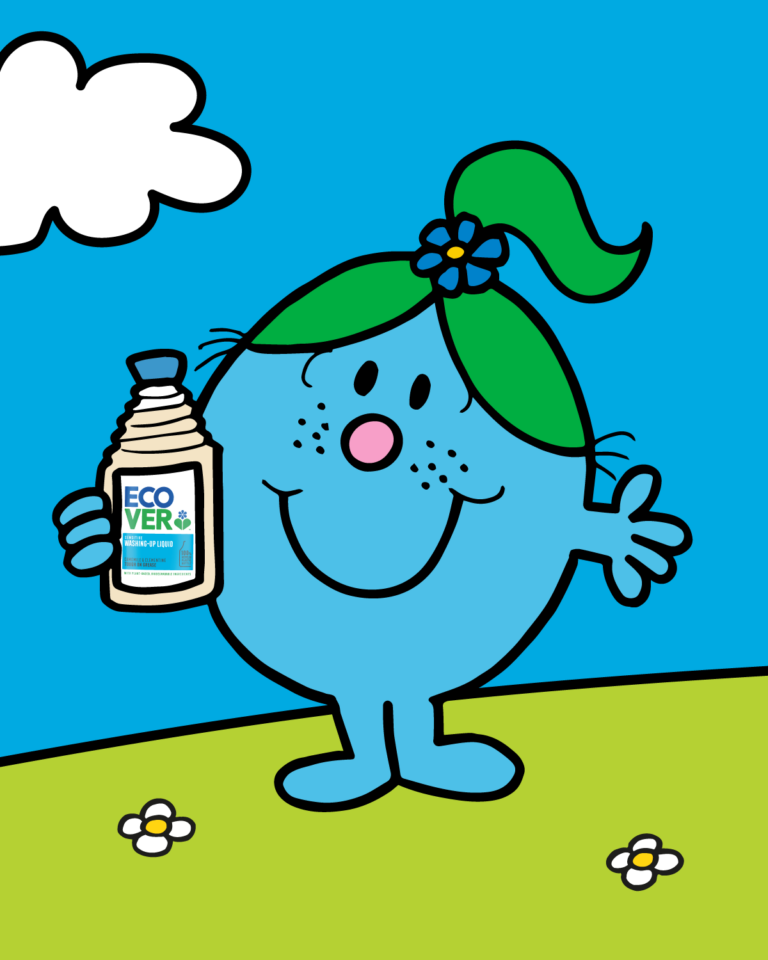
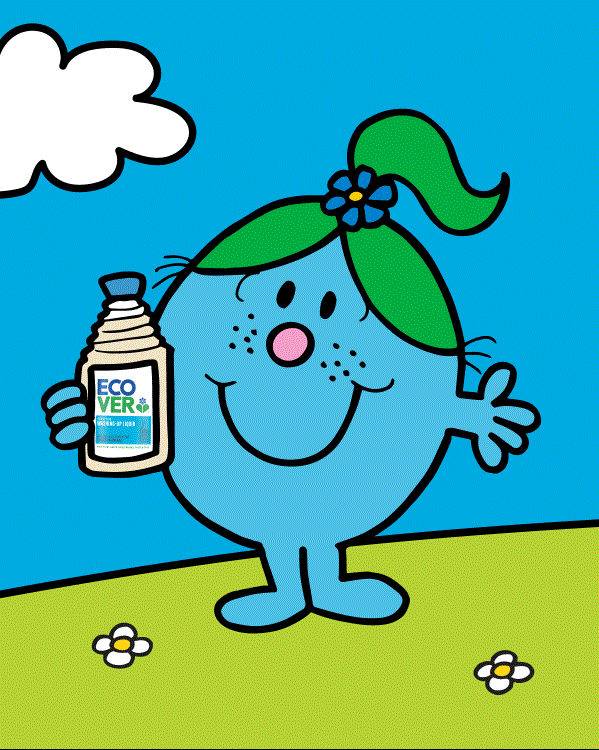
Welcome to THE WASTE DATABASE, our latest Experiment in Waste. Designed to help people notice different forms of waste and for us to get a clearer understanding of all the things that people waste in their daily lives.
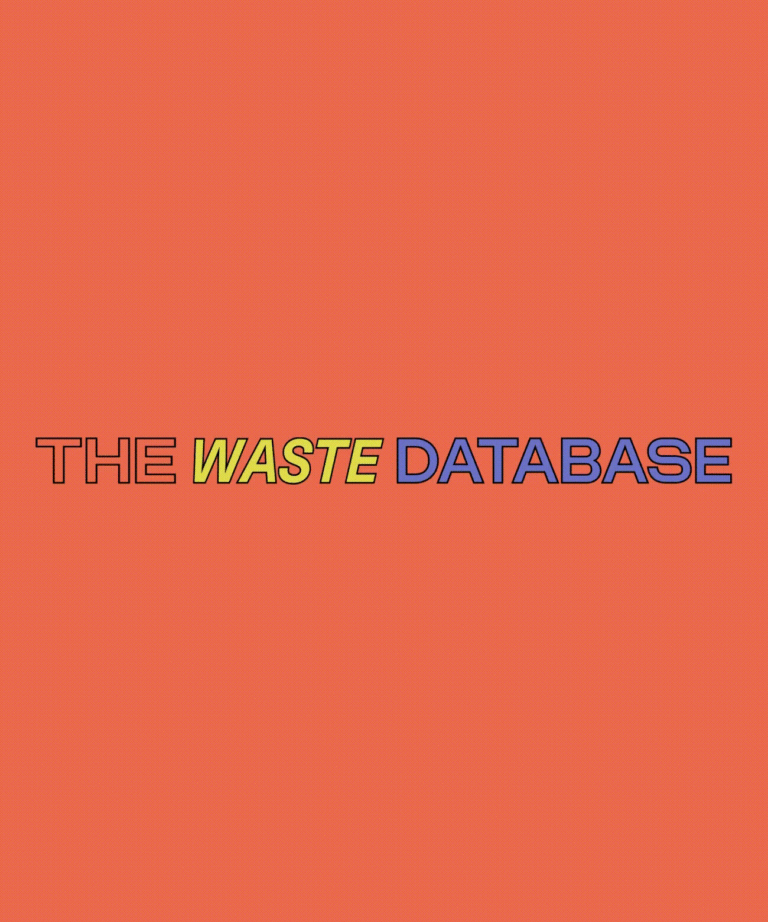
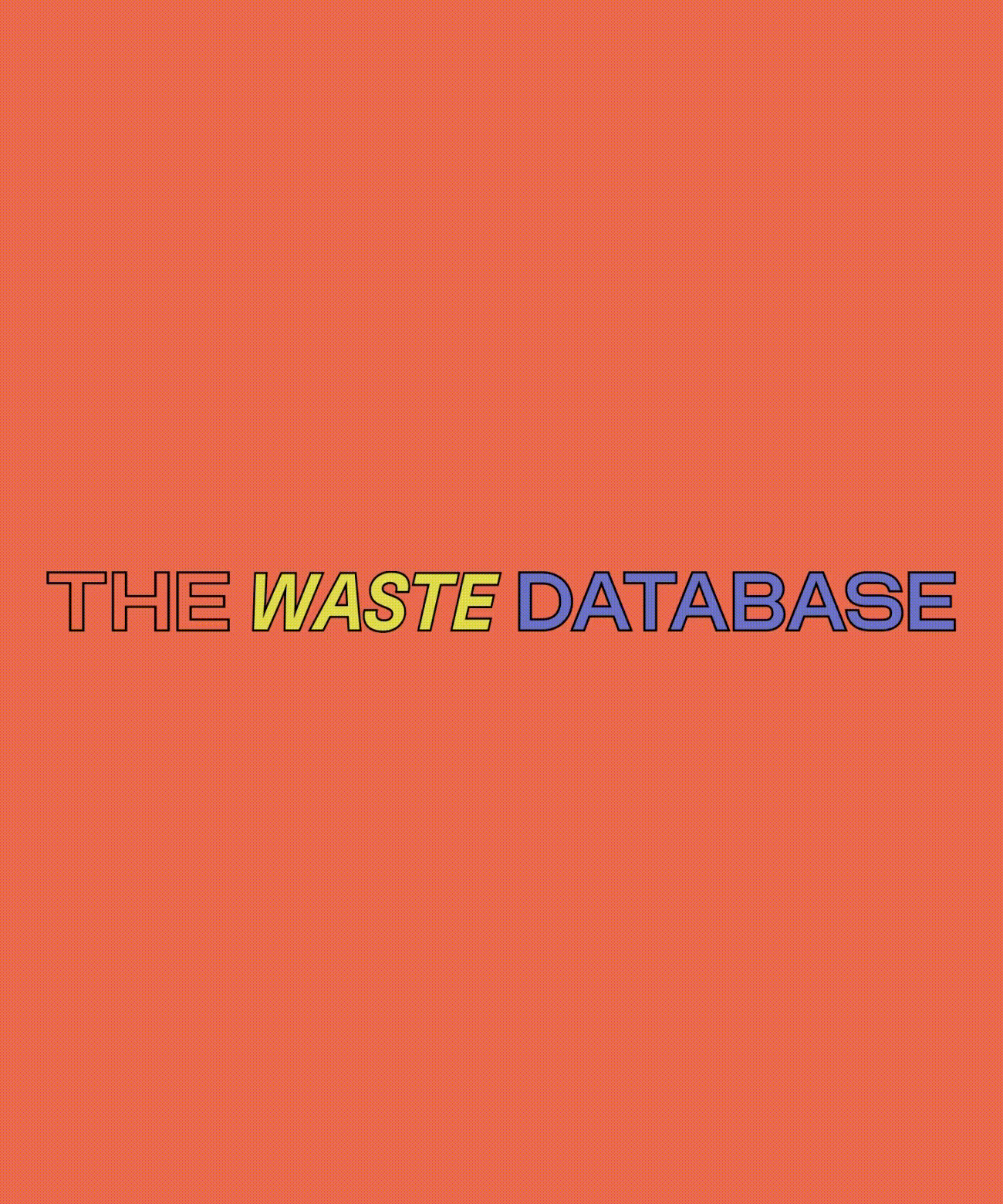
We all want to do better. Whether that’s use less plastic, compost food waste or get into the refill habit. With the best intentions in the world, there’s one little matter that often gets in our way. Grey matter. Our brain. Our memory.
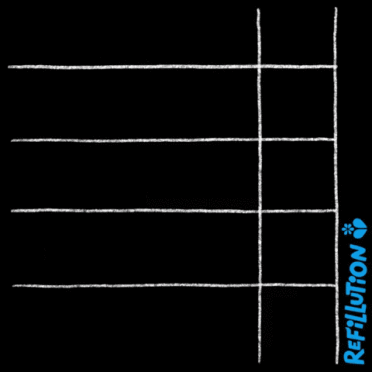

Our modern lifestyles are beset by having less and less time – creating more and more waste. Critical thinker Ted Hunt explores the relationship between time and waste.
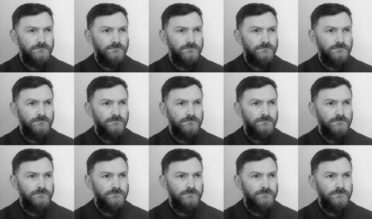
Like you, we’re concerned with the amount of waste that we’re collectively creating on this planet. Plastics, fashion, food, stuff. But we’re also wasting time, energy and money. Hands up, we realise we’re part of the problem too. Which is why we’ve set ourselves the goal of reducing the waste that we create through innovation and our supply chain (get the lowdown below). We also want to help drive a wider movement. We want to help people notice the waste they create and how to act on it. There are already many awesome people out there who are wasting less and living more. And that’s what Experiments in Waste is about – learning from those who are leading the change and sharing what they’re doing. In a series of collaborations with creative partners we’re going to explore our relationship with waste and how we can uninvent it, together. It’s just the beginning but we want to reimagine and recreate, inspiring people to act in fun, creative and playful ways. Inspiring and mobilizing people to unwaste, one experiment at a time.
We’re working with a range of partners to explore waste – to raise awareness of it and encourage people to take action to reduce it. They are the people and organisations who inspire us on a daily basis with their creative approach to problem solving.
Dan Burgess and Tom Farrand are our creative and sustainability guides who’ve helped us hatch and bring to life Experiments in Waste.
Our illustration partners – Rude Studios, Brisseaux, Adam Hayes, Vault 49, Telegramme Studio, Jim Stoten, Serge Seidlitz – have created illustrations to remind people to take their refill packaging with them. Ted Hunt, independent critical designer, has created thought provoking pieces on the critical relationship between time and waste. We’ve also been working with director and animator Matt Cooper on a series of videos designed to embrace the messiness of refilling, as well as an upcoming experiment with the creative team behind Climate Adapt.
We’ve also teamed up with City to Sea, the environmental organisation campaigning to stop plastic pollution. As we try and encourage more and more people to refill, we’re collaborating with the City to Sea team to raise awareness of their award-winning national Refill campaign and their Refill app which helps people to eat, drink and shop with less plastic.
This is just the beginning.
We know we can’t solve the waste problem by ourselves, so we want to partner with more people as we go further in our un-wasting journey.
We are doing what we can to reduce the waste we help create but we acknowledge we’ve still got a long way to go.
Over the past few years we’ve been working on maximising the amount of recycled plastic we use. The majority of the bottles we sell now are made from 100% post-consumer recycled plastic. We are working on transferring the remaining virgin plastic bottles – our toilet cleaners, stain stick remover, 5 litre refills and hand wash – to 100% post-consumer recycled plastic. We’re also now using post-consumer recycled polypropylene plastic in a number of our caps and triggers – 30% in our home cleaning range triggers, 50% in our laundry liquid bottle caps and 50% in our washing-up liquid caps.
But we know we’re not going to recycle our way out of the plastic waste crisis which is why we’re working to drive more growth through our refill systems. You can refill at one of 600+ health and zero waste stores throughout the UK or from one of our innovative new Refill Stations currently in trials at major supermarkets. We offer 5 litre refills at home that help people make a 27% plastic saving with our laundry refills (compared to x3 Ecover 1.5L bottles) and a 47% plastic saving with our washing-up liquid refills (compared to x11 Ecover 450ml bottles). We’re also taking part in a limited refill trial with Loop and Tesco with a range of other brands.
But we know there’s much more that needs to be done and we’re looking at solutions across our product range that take us away from using plastic bottles, recycled or not. For example, we still need to fix the plastic packaging in our dishwasher tablets. The plastic wrapper protects the tablets against moisture but unfortunately can only be recycled in certain areas where facilities exist. We know this not good enough, so we’re actively working on a better, cleaner option and hope to update people on this soon.
We also think there’s a role to play in using ingredients from waste streams. You can read here more about our limited-edition washing-up liquid made with at least 25% brewery waste ingredients – uk.ecover.com/waste. This is just a start and we’re exploring further opportunities to bring ingredients from waste streams into our formulas.
Our factory is Belgium has also been certified TRUE Platinum zero-waste factory. Platinum is the highest level awarded by TRUE and reflects our waste management practices. We currently divert 98.1% of our waste from landfill through reduction projects, reuse, reducing and recycling and we’ve identified a clear route to achieving zero % within the next couple of years.
We have also used our campaigns to encourage people to reduce waste. Our Laundry Against Landfill campaign encouraged people to wear their clothes for longer and we teamed up with DEPOP, the marketplace app where you can buy and sell unique fashion, to encourage people to extend the life of their clothing and help fight fashion waste.
We know we need more radical solutions to help tackle the waste problem both within and beyond our own supply chain so expect to hear a lot more from us on this in the coming months.
This is about more than fresh socks and squeaky-clean pots. This is about respecting the planet and looking out for nature. This is about fixing our waste culture and making an impact on our impact. Every basket of laundry and stack of dishes is a chance to shake the status quo. Because we need system change, not climate change. And together we can roll up our freshly laundered sleeves and get this revolution on the road.